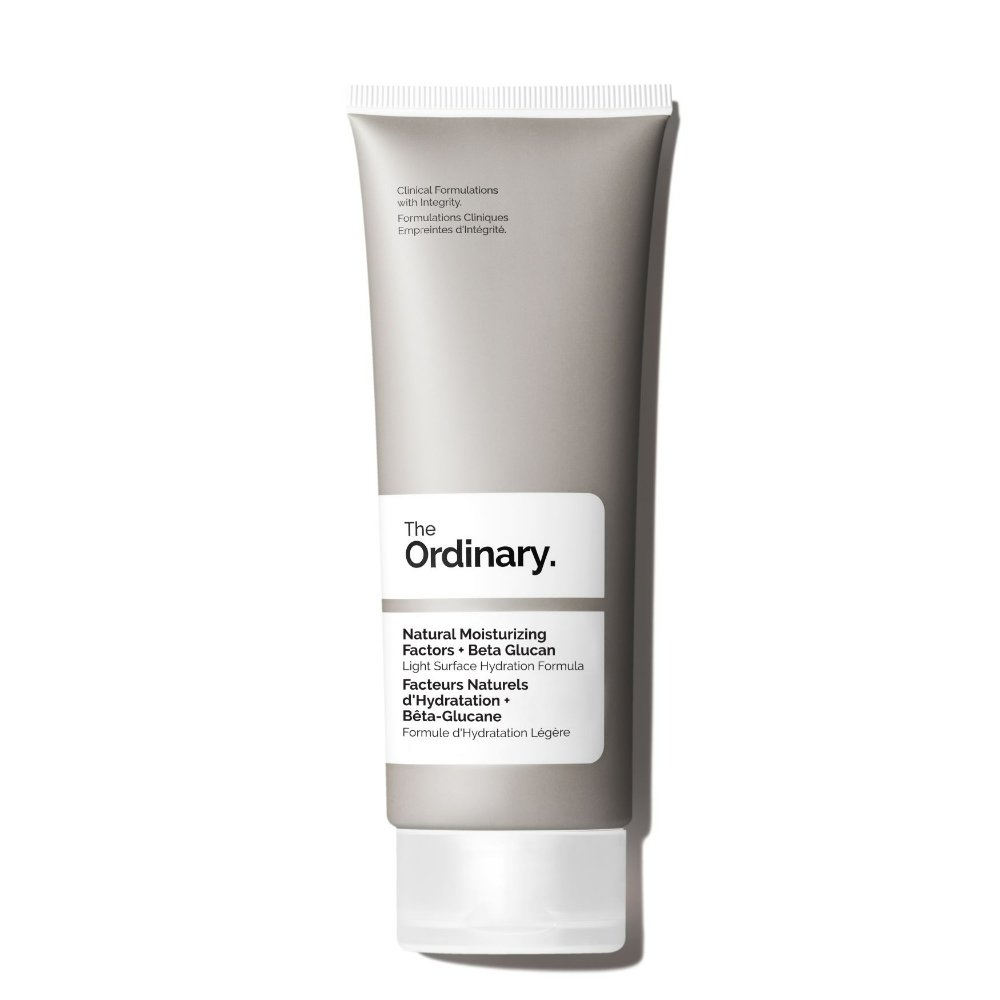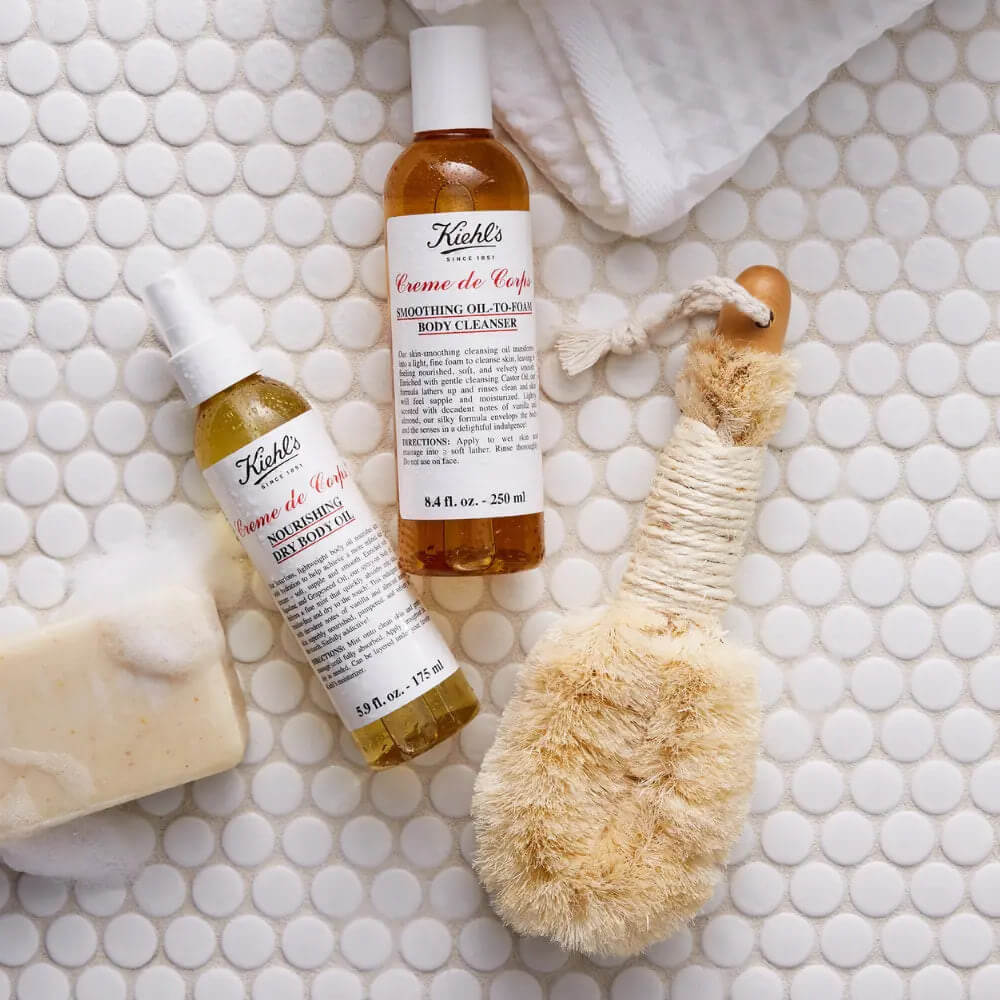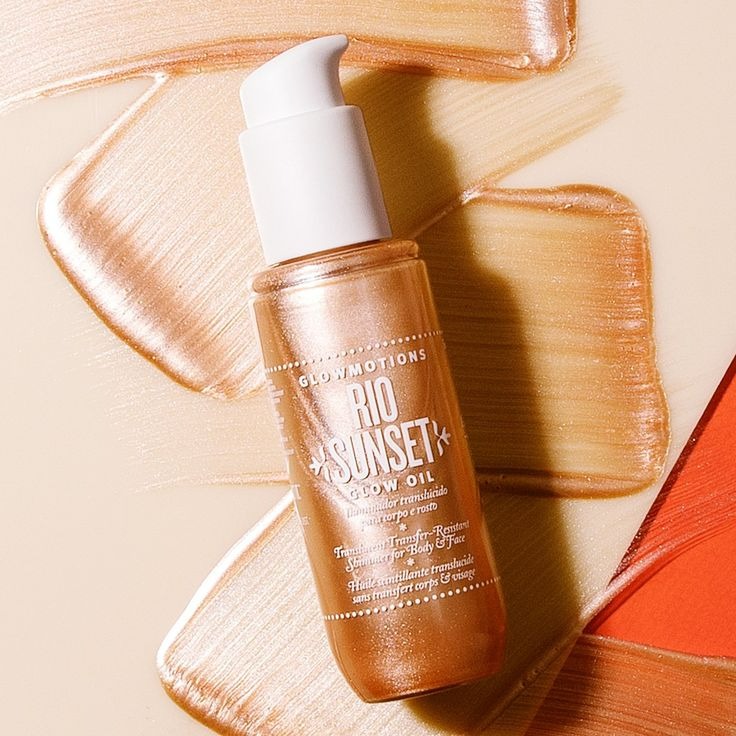The Fundamentals of Skin Care
Taking care of your skin is crucial for maintaining a radiant complexion. Understanding the basics is the first step in any serious skin care routine.
Essential Skin Care Routines
Effective skin care starts with a solid routine. Here are key steps you should follow:
- Cleanse: Use a gentle cleanser to remove dirt, oil, and makeup.
- Tone: Apply a toner to balance the skin’s pH and refine pores.
- Moisturize: Keep your skin hydrated with a suitable moisturizer for your skin type.
- Protect: Daily use of sunscreen protects against harmful UV rays.
- Nourish: Apply serums and treatments tailored for your skin concerns.
By executing these steps daily, you’ll set the foundation for a healthy skin appearance.
Importance of Knowing Your Skin Type
Understanding your skin type is vital. Here’s why:
- Personalization: Your skin type determines what products will work best for you.
- Efficiency: Knowing your skin enables you to address concerns directly, without trial and error.
- Prevention: Awareness helps prevent potential issues by choosing the right precautions.
Whether your skin is oily, dry, combination, or sensitive, tailoring your routine to your specific needs is an essential part of serious skin care.

Advanced Skin Care Techniques
When it comes to serious skin care, moving beyond the basics can significantly enhance your skin’s health and radiance. Advanced skin care includes techniques that target specific skin concerns and promote a deeper level of rejuvenation.
The Role of Exfoliation
Exfoliation is key in any advanced skincare regime. It involves the removal of dead skin cells from the surface of your skin. This process helps to unclog pores, prevent acne, and allow skin care products to penetrate deeper. There are various methods of exfoliation, such as mechanical scrubs and chemical peels. You should choose a method that suits your skin type and sensitivity to ensure it’s effective and not harmful.
Benefits of Professional Treatments
Professional treatments like facials, microdermabrasion, and laser therapy can be vital. These treatments, performed by skincare professionals, target deeper layers of the skin. They can help treat issues unreachable by regular at-home care. Regular professional treatments can help maintain skin’s overall health, address signs of aging, and ensure your serious skin care routine has a solid and effective foundation.
Daily Skin Care Tips for a Healthy Glow
Maintaining a healthy glow involves consistent daily skin care practices. Here we discuss two critical aspects that significantly impact skin health: hydration and sun protection.
Hydration and Its Impact on Skin
Proper hydration is fundamental to serious skin care. It enhances skin elasticity and helps maintain a radiant complexion. Make sure you:
- Drink Plenty of Water: Aim for at least 8 glasses a day. This supports overall hydration.
- Use Hydrating Skincare Products: Choose serums and moisturizers that contain hydrating ingredients like hyaluronic acid.
- Avoid Dehydrating Substances: Limit alcohol and caffeine, which can dehydrate your skin.
These steps can keep your skin hydrated and plump, reducing the visibility of fine lines and wrinkles.
The Importance of Sun Protection
Protecting your skin from the sun is essential to prevent damage and maintain health. To effectively guard against harmful UV rays, it’s crucial to:
- Use Broad-Spectrum Sunscreen: Apply a sunscreen with at least SPF 30 every day, even on cloudy days.
- Reapply Frequently: Reapply every two hours or immediately after swimming or sweating.
- Seek Shade: Limit exposure to direct sunlight, especially during peak hours from 10 a.m. to 4 p.m.
- Wear Protective Clothing: Hats, sunglasses, and long-sleeved shirts can provide additional protection.
By following these tips, you protect your skin from premature aging and reduce the risk of skin cancer. Make these practices a part of your daily serious skin care routine for a lasting healthy glow.

Choosing the Right Skin Care Products
Choosing the right skin care products is crucial for effective results in your serious skin care routine. It involves understanding what ingredients are beneficial and determining which products are best suited to your specific skin needs.
Decoding Ingredients for Skin Health
Decoding skin care ingredients is essential to optimize the health of your complexion. Look for key ingredients known for their efficacy:
- Hyaluronic Acid: Enhances skin hydration and elasticity.
- Retinoids: Promote skin renewal and reduce signs of aging.
- Vitamin C: Brightens the skin tone and diminishes fine lines.
- Niacinamide: Improves skin barrier function and reduces inflammation.
By understanding these ingredients, you can choose effectively and avoid those that might cause harm or are ineffective for your skin type.
Tailoring Skin Care Products to Your Needs
Tailoring skin care products to your needs isn’t just about skin type; it’s about addressing specific skin concerns. Whether it’s acne, dryness, sensitivity, or aging, customized care can greatly enhance your skin’s health:
- Oily or Acne-Prone Skin: Look for non-comedogenic or oil-free labels.
- Dry Skin: Opt for products with emollients and hydrators.
- Sensitive Skin: Seek out fragrance-free and hypoallergenic options.
- Aging Skin: Choose products with antioxidants and cell-regenerating ingredients.
Selecting the right products ensures that your skin gets the maximum benefit from your serious skin care routine, leading to a healthier, more radiant complexion.

The Impact of Diet and Lifestyle on Skin Care
Proper skin care is more than just using the right products; it’s also about living a lifestyle that promotes skin health. What you eat and how you live play pivotal roles in maintaining a radiant complexion. In the quest for serious skin care, paying attention to diet and lifestyle is essential.
Foods That Enhance Skin Health
Nutrient-rich foods can significantly improve your skin’s appearance. Incorporate these into your diet:
- Fruits and Vegetables: Loaded with antioxidants, they fight skin damage.
- Omega-3 Fatty Acids: Found in fish and nuts, they reduce inflammation.
- Vitamin E: Present in avocados and almonds, it protects skin from oxidative stress.
- Water: Staying hydrated is key; it keeps your skin soft and supple.
By eating these foods, you can boost your skin’s health and enhance your serious skin care routine.
Habits to Avoid for Better Skin
Certain lifestyle choices can detract from your skin’s health. Avoid these:
- Smoking: It ages your skin and constricts blood vessels.
- Excessive Alcohol: Can lead to dehydration and dullness.
- High Sugar Intake: Accelerates skin aging and can cause breakouts.
- Stress: Triggers breakouts and can worsen skin conditions.
Making positive changes in your lifestyle can have a profound impact on your skin. Steer clear of these damaging habits for a noticeable improvement in your skin’s health and appearance.
Seasonal Skin Care Adjustments
Serious skin care requires adjustments as seasons change, to maintain a radiant complexion year-round.
Adapting Skin Care for Summer
Summer brings heat, humidity, and strong UV rays. Here’s how to adapt your routine:
- Enhance Protection: Use a higher SPF sunscreen to shield against intense sun exposure.
- Lightweight Products: Switch to lighter moisturizers that won’t clog pores.
- Stay Hydrated: Drink more water to compensate for increased sweating.
- After-Sun Care: Apply soothing aloe vera gel to calm sun-exposed skin.
By making these changes, your skin can stay healthy and glowing in summer heat.
Winter Skin Care Essentials
Winter’s cold and dry air requires a shift towards more nurturing skin care:
- Rich Moisturizers: Use thicker creams to combat dryness.
- Gentle Cleansing: Avoid harsh soaps that can strip moisture from your skin.
- Lip Care: Protect your lips with balm to prevent chapping.
- Humidifiers: Consider using one to add moisture to indoor air.
Embracing these winter skin care essentials will help prevent dryness and maintain your skin’s health in colder months.
Understanding Skin Care Myths and Facts
Navigating the world of skin care can be tricky, especially when myths and misconceptions abound. Understanding what’s true and what’s not is critical for maintaining a healthy skin regimen. Let’s address some common myths and reveal the facts!
Breaking Down Common Misconceptions
First, the myth of pore size changing with steam or cold water is popular but false. Pores do not open or close. Gentle cleansing and exfoliation maintain clean pores.
Another myth suggests high price equals high quality. This isn’t always true. Some affordable products work just as effectively as costly ones. Focus on ingredients, not price tags.
People often believe tanned skin is healthy. In truth, a tan results from skin damage. Sunscreen is crucial, even if you have darker skin. Everyone needs protection from harmful UV rays.
Lastly, there’s a myth that you should feel a product working, often through tingling or tightness. Skin irritation is not a sign of effectiveness. It indicates that a product may be too harsh for your skin.
Scientifically Proven Skin Care Practices
Now, let’s look at what’s scientifically sound in serious skin care.
Sunscreen is vital year-round. Daily SPF use helps prevent photoaging and lowers cancer risk.
Consistent use of retinoids has proven benefits. They promote cell turnover, helping with acne and wrinkles.
Hydration is key, both internally and externally. Drink water and use a good moisturizer to maintain skin health.
Finally, skin thrives on a balanced diet. Foods rich in antioxidants and omega-3 fatty acids keep the skin looking vibrant.
By understanding and applying these proven practices, you can enhance your serious skin care routine and create a radiant complexion.
Integrating Skin Care Into Your Overall Wellness Routine
Adopting a serious skin care routine is not just about the products you use. It’s also about how your whole lifestyle affects your skin. Linking your skin care routine with your overall wellness can lead to better skin health.
The Connection Between Stress and Skin Health
Stress can wreak havoc on your skin, leading to issues like breakouts and dullness. To manage stress:
- Reducing Stress: Engage in activities like yoga, meditation, or any hobbies that relax you.
- Healthy Habits: Ensure you eat well, exercise, and stay hydrated to combat stress effects.
- Regular Routines: Maintain your skin care routine, even during stressful times, to prevent skin issues.
By controlling stress, you can prevent negative impacts on your skin and maintain a radiant complexion.
The Role of Sleep in Skin Regeneration
Good sleep is a cornerstone of skin health. Here’s how sleep benefits your skin:
- Cell Renewal: Your skin regenerates while you sleep, repairing daily damage.
- Reduced Inflammation: Quality sleep can lower stress and inflammation, leading to clearer skin.
- Better Hydration: Sleep helps maintain your skin’s hydration balance, reducing dryness and signs of aging.
Aim for 7-8 hours of quality sleep each night to help your skin stay healthy and vibrant. Incorporating these wellness practices into your serious skin care routine can greatly enhance your skin’s appearance and health.
